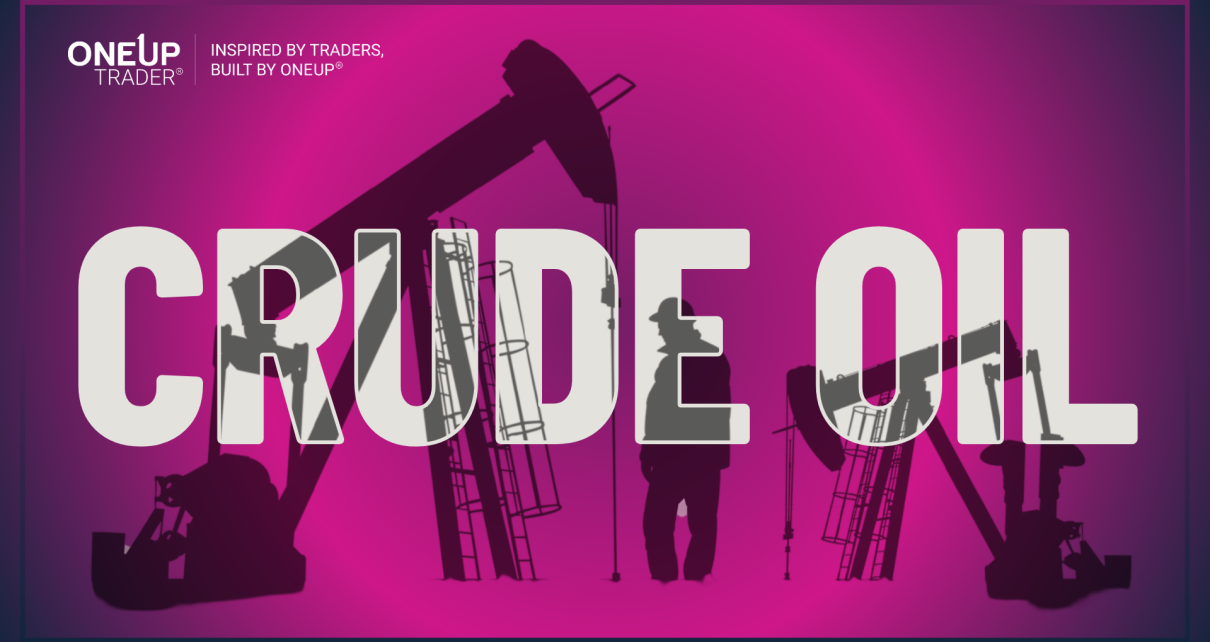- There was a substantial weekly crude drawdown of 12.5 million barrels.
- Fed officials were uncertain about the need for further interest rate increases.
- The Saudi energy minister cautioned short-sellers who were betting on declining oil prices.
Oil prices increased by 2% on Wednesday due to a significant and unexpected decrease in US crude inventories. The Saudi energy minister’s warning about potential OPEC+ production cuts further contributed to the rise.
The Energy Information Administration on Wednesday reported a substantial weekly drawdown of 12.5 million barrels, bringing US crude inventories to 455.2 million. This was contrary to analysts’ expectations of an 800,000-barrel increase.
Additionally, US gasoline stocks declined by 2.1 million barrels to 216.3 million barrels, while distillate stockpiles decreased by 600,000 barrels to 105.7 million, according to the EIA.
The upcoming US Memorial Day holiday on May 29 signifies the start of the peak summer travel season and greater fuel demand. Despite recent concerns about the debt ceiling and interest rates, oil prices have recently overlooked the tightening supply and demand dynamics.
Minutes from the May 2-3 Federal Reserve meeting, released on Wednesday, indicated that officials were uncertain about the need for further interest rate increases. They suggested that the quarter-percentage-point hike approved might be the final one.

Meanwhile, the Saudi energy minister cautioned short-sellers betting on declining oil prices. This implied that OPEC+ could contemplate additional output cuts during a meeting on June 4.
In April, Saudi Arabia, the leading global oil exporter and other OPEC+ producers, unexpectedly implemented voluntary production cuts. This decision led to a price increase following a decline caused by concerns about a potential banking crisis affecting demand.
According to analysts from Standard Chartered Bank, the current short speculative positions are as pessimistic as they were during the onset of the pandemic in 2020. The analysts stated that the recent increase in short positions considerably raises the likelihood of additional production cuts during the upcoming OPEC+ meeting.
Although oil prices experienced gains, they were limited by news that Britain’s inflation rate had fallen less than expected, raising the likelihood of more interest rate hikes, as indicated by official data.
As the deadline for raising the borrowing limit approached, the lack of progress in US debt ceiling talks also dampened broader markets, heightening the risk of default. Negotiators for President Joe Biden and top congressional Republican Kevin McCarthy reconvened at the White House to reach an agreement.




